Despite Nigeria’s long-standing struggles with poor governance, foreign influence, and unstable democracy since independence, the year 2024 has particularly consolidated the hardships faced by Nigerians.
These were largely heralded by controversial economic policies, including the abrupt removal of fuel subsidies, which led to Nigeria’s worst cost-of-living crisis in nearly 30 years, with food prices soaring by over 200%. President Bola Ahmed Tinubu’s administration faces ongoing challenges in balancing fiscal discipline with the urgent needs of citizens amidst a tight economic landscape and high debt levels.
Join our WhatsApp ChannelImmediately following the current administration’s inauguration, Nigeria’s inflation rate rose sharply from 22.41% to 31.70% by February 2024, marking the highest increase recorded in nine months since 1999. This surge was undoubtedly driven by the removal of fuel subsidies and the unification of the foreign exchange market, which led to significant price hikes across various sectors.
As of November 2024, inflation reached a staggering 34.6%, with food inflation alone soaring to 39.93%, exacerbating the cost-of-living crisis in Nigeria. The pressure has made living costs unbearable, prompting business owners to frequently check supplier prices due to rapid fluctuations. The Central Bank has raised interest rates approximately six times this year, totaling up to 875 basis points, in an attempt to stabilise the economy amidst ongoing challenges such as naira devaluation and rising fuel costs.
Fuel Pricing Controversy
The situation surrounding fuel pricing in Nigeria has become contentious, particularly regarding the role of Dangote Refinery. In May 2023, petrol prices surged significantly; initially priced at ₦195 per litre, prices rose to ₦540 in June and ₦617 in July. By September 2023, prices fluctuated between ₦626.21 and ₦671.86 by December. In May 2024, petrol prices peaked at around ₦1,200 to ₦1,500 on the black market.
As of late December 2024, the refinery reduced its petrol price to ₦899.50 per litre, prompting competitive pricing among marketers. However, concerns persist that this arrangement may serve as a smokescreen to obscure true pricing mechanisms and shortchange consumers amidst ongoing economic challenges.
Initially, the Nigerian National Petroleum Corporation (NNPC) refused to sell crude oil to Dangote Refinery, complicating supply issues. However, it later began purchasing premium spirit from Dangote to sell to marketers, raising concerns about transparency and pricing amid ongoing economic challenges. Recent reports have indicated that the federal government plans to allow Dangote to set petrol prices, a move that could significantly impact consumer costs and market dynamics. Despite this, Dangote stated that it cannot independently fix prices and emphasised that regulatory authorities hold that power.
Port Harcourt Refinery: A Gamble?
The reported resumption of operations at the Port Harcourt refinery has drawn skepticism, reminiscent of unfulfilled promises surrounding the Nigeria Air project under former President Buhari. After years of rehabilitation, the NNPC announced on November 26, 2024, that the refinery was operational and processing 60,000 barrels per day. However, doubts linger regarding its actual output and reliability.
Despite a $1.5 billion rehabilitation investment approved in 2021, the refinery’s output remains significantly lower than that of Dangote Refinery. Initial enthusiasm quickly turned to disappointment when reports emerged that production halted shortly after resuming operations. Critics argue that this situation reflects a pattern of overpromising and under delivering by successive administrations, raising concerns about the refinery’s long-term viability and effectiveness in addressing Nigeria’s fuel supply challenges. The situation indeed echoes the past disappointments like the Nigeria Air project launched in May 2023.
Broader Challenges: Insecurity and Food Shortages
The heat of Hunger is everywhere as the country continue to grapple with severe challenges including insecurity, food shortages, and a lack of good governance. According to the ReliefWeb Nigeria Situation Report from November 2024, millions of people require humanitarian assistance due to conflict and food insecurity; projections indicate that many Nigerians will face acute food insecurity by 2025 as highlighted in the Cadre Harmonisé analysis.
Insecurity remains rampant with multiple incidents reported; including kidnappings and attacks by insurgents. The World Food Programme also reports that conflict has displaced many people, exacerbating food insecurity and malnutrition.
And Then the Riots of August 1-10
The riots from August 1-10, 2024 in Nigeria were marked by widespread protests against rising living costs and government corruption, organised under the #EndBadGovernance banner. Demonstrations occurred in major cities including Abuja, Lagos, Kano, Benin City, Gombe, and Jos. Various groups such as the United Action Front of Civil Society and the Take It Back Movement united during these protests, reflecting a collective demand for change amidst escalating economic hardships.
The government’s heavy-handed response during the protests included the use of tear gas and live ammunition, resulting in numerous casualties and arrests. According to a report by Amnesty International, at least 24 protesters were killed, and over 1,200 were detained across states like Borno, Kaduna, Kano, Katsina, Jigawa, and Niger. Eyewitnesses reported that many victims were shot at close range, with excessive force employed against largely peaceful protesters. The protests voiced frustrations over issues such as insecurity, food shortages, and poor governance while demanding the reinstatement of fuel subsidies and broader reforms. This unrest further underscored a growing discontent among citizens who feel increasingly marginalised by their leaders.
Institutional Decay and Threat to Governance
In addition to economic turmoil and public unrest, Nigeria faces significant institutional decay within its National Assembly and judiciary. The suspension of Senator Abdul Ningi for alleging that the 2024 budget was padded reignited discussions about transparency and accountability within legislative processes.
On the other hand, the Independent National Electoral Commission (INEC) has faced criticism over its management of electoral reforms and preparations for upcoming elections; reports indicate that inefficiencies threaten the credibility of Nigeria’s democratic processes further eroding public trust.
In the judiciary realm, allegations of corruption have undermined its independence; handling electoral disputes has come under scrutiny with many citizens questioning its ability to uphold justice impartially. According to the 2024 Corruption Survey Report released by UNODC and Nigeria’s National Bureau of Statistics, judges are identified as significant recipients of bribes among public officials; with a substantial portion of an estimated ₦721 billion in bribes paid in 2023 linked to judicial corruption. The judiciary will end 2024 with, Dele Farotimi, controversially detained lawyer and activist, being a stubborn fishbone in its throat.
Government Hard-Sell Tax Reform Bill and Hope for 2025
As Nigeria enters 2025, the government is pushing a hard-sell tax reform bill without accompanying agricultural and industrial reforms being prioritised with equal vigour. The proposed tax reforms aim to overhaul the existing tax system by repealing outdated laws and introducing new measures to enhance revenue collection. Key features include a gradual increase in Value Added Tax (VAT) rates and a reduction in corporate income tax for medium and large companies. Governors from northern Nigeria are threatening fire and brimstone against the bill.
APC chieftain, Olatunbosun Oyintiloye, on December 29, 2024, while praising Nigerians for their patience amid challenging economic conditions also highlighted that government’s focus on tax reforms and infrastructure development are key drivers for economic growth. He stated that these tax policies would enhance the overall economic landscape, improve living standards, and attract foreign investment; ultimately benefiting Nigerians in the long run.
However, while tax reform is essential for improving fiscal stability, does it address the pressing needs of the agricultural and industrial sectors, crucial for economic growth and job creation? These controversies and hardships collectively illustrate a troubling pattern of dysfunction across key institutions, raising more concerns about Nigeria’s governance and democratic stability as it heads into an uncertain future come 2025.
This is particularly pertinent as Nigeria’s current debt to the World Bank stands at approximately $17.1 billion, having increased from $16.5 billion in June 2024; a rise reflecting a $600 million increase over three months. Additionally, Nigeria owes about $1.6 billion to the IMF according to recent data.
The Big Question: Will Tinubu Show Genuine Governance in 2025?
The big question remains: will Tinubu demonstrate a clear will to govern effectively outside the script of the IMF & World Bank? If care is not taken, his administration’s economic policies may overly align with international financial institutions, potentially prioritising austerity measures over essential local reforms. While Tinubu has introduced initiatives such as removing fuel subsidies and proposing tax reforms, there is skepticism about whether these measures will adequately address Nigeria’s underlying economic challenges.
Sectors require significant investment and policy support to boost productivity and sustainability. Without parallel reforms in agriculture and industry, there are concerns that the tax reforms may exacerbate existing economic challenges rather than provide comprehensive solutions for Nigeria’s ongoing issues.
Therefore, as we approach 2025; citizens are looking for evidence of genuine commitment to local governance and development that transcends external pressures; particularly in sectors like agriculture and industry which require urgent attention for sustainable growth.
As 2024 comes to an end, this administration must understand that Tinubu’s leadership will ultimately be judged by his ability to balance these influences while fostering an independent and resilient Nigerian economy. Until then we await how government actions will be viewed in 2025 amidst a prevailing lack of trust in governance by Nigerians in 2024.
Dr Mbamalu is a Jefferson Fellow, member of the Nigerian Guild of Editors (NGE), communications/Media Consultant and Publisher, Prime Business Africa
Email: marcelmbamalu2@gmail.com
+2348094000017
Dr. Marcel Mbamalu is a communication scholar, journalist and entrepreneur. He holds a Ph.D in Mass Communication from the University of Nigeria, Nsukka and is the Chief Executive Officer Newstide Publications, the publishers of Prime Business Africa.
A seasoned journalist, he horned his journalism skills at The Guardian Newspaper, rising to the position of News Editor at the flagship of the Nigerian press. He has garnered multidisciplinary experience in marketing communication, public relations and media research, helping clients to deliver bespoke campaigns within Nigeria and across Africa.
He has built an expansive network in the media and has served as a media trainer for World Health Organisation (WHO) at various times in Northeast Nigeria. He has attended numerous media trainings, including the Bloomberg Financial Journalism Training and Reuters/AfDB training on Effective Coverage of Infrastructural Development of Africa.
A versatile media expert, he won the Jefferson Fellowship in 2023 as the sole Africa representative on the program. Dr Mbamalu was part of a global media team that covered the 2020 United State’s Presidential election. As Africa's sole representative in the 2023 Jefferson Fellowships, Dr Mbamalu was selected to tour the United States and Asia (Japan and Hong Kong) as part of a 12-man global team of journalists on a travel grant to report on inclusion, income gaps and migration issues between the US and Asia.

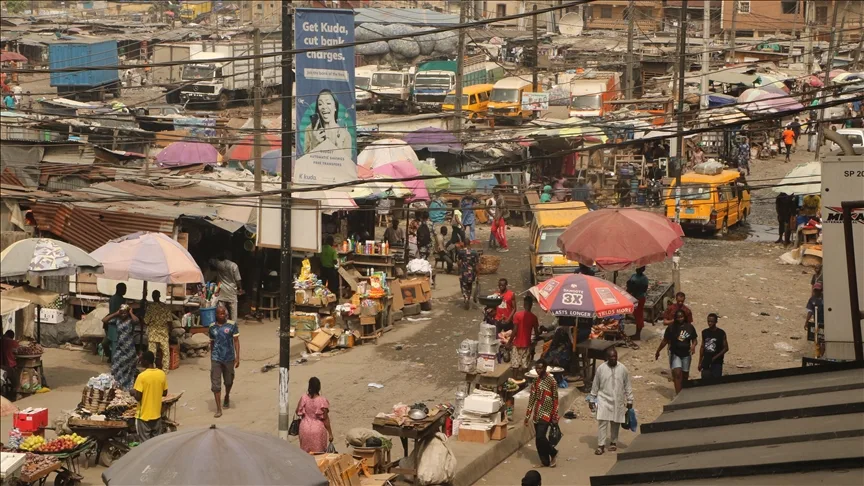



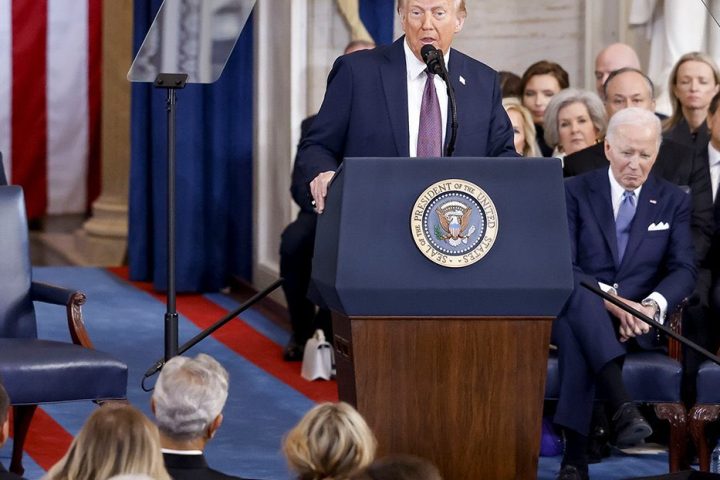

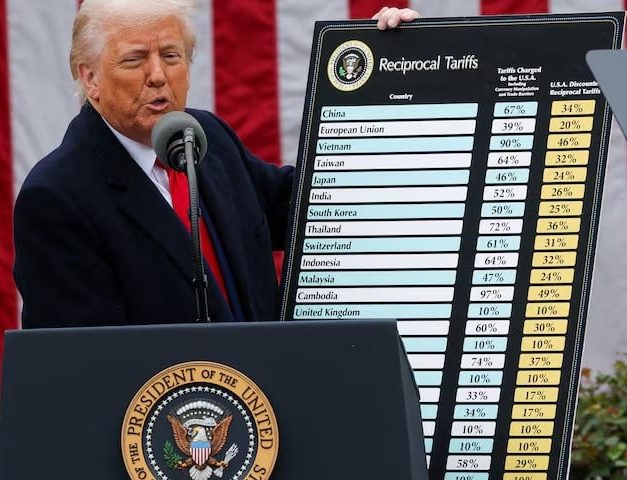





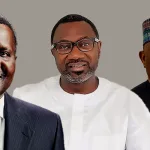


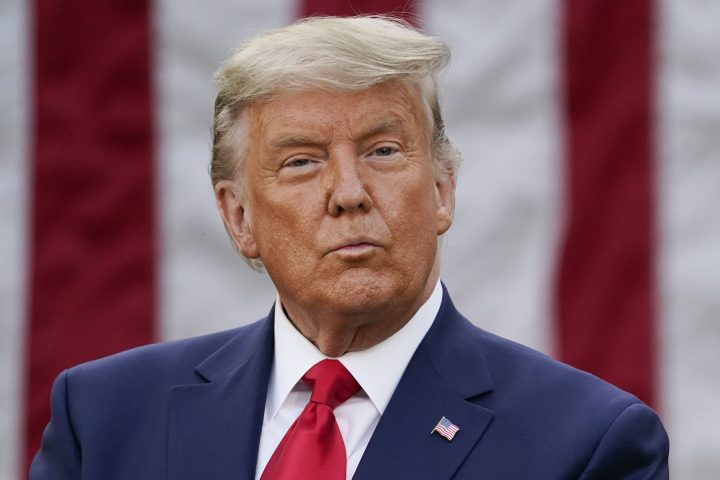
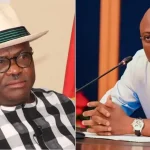
Follow Us